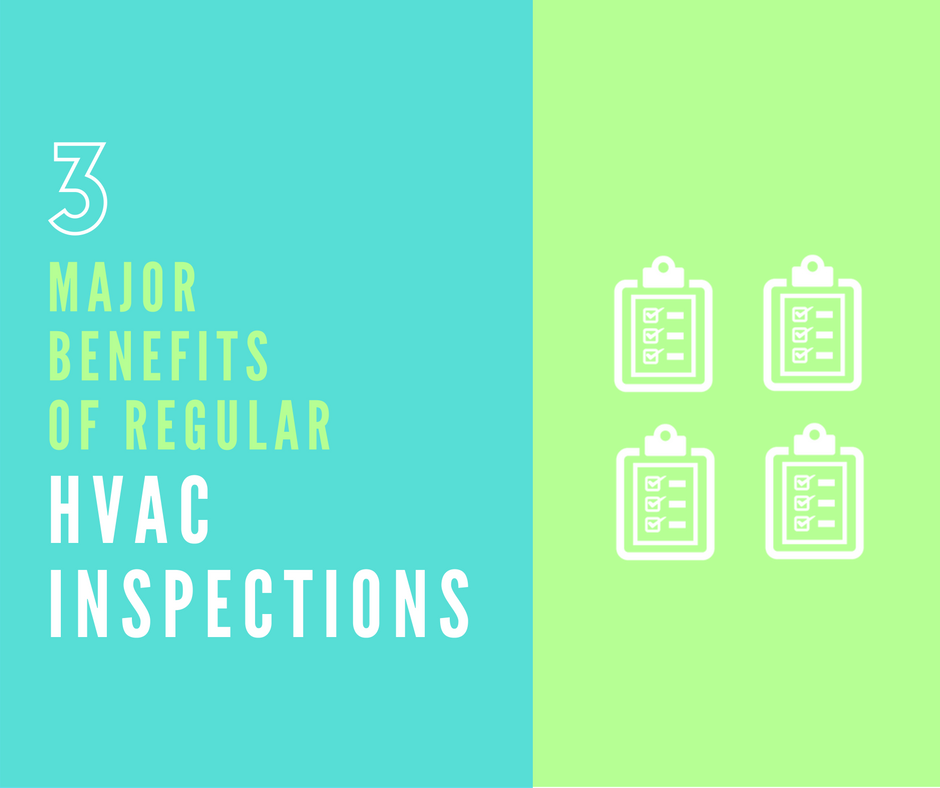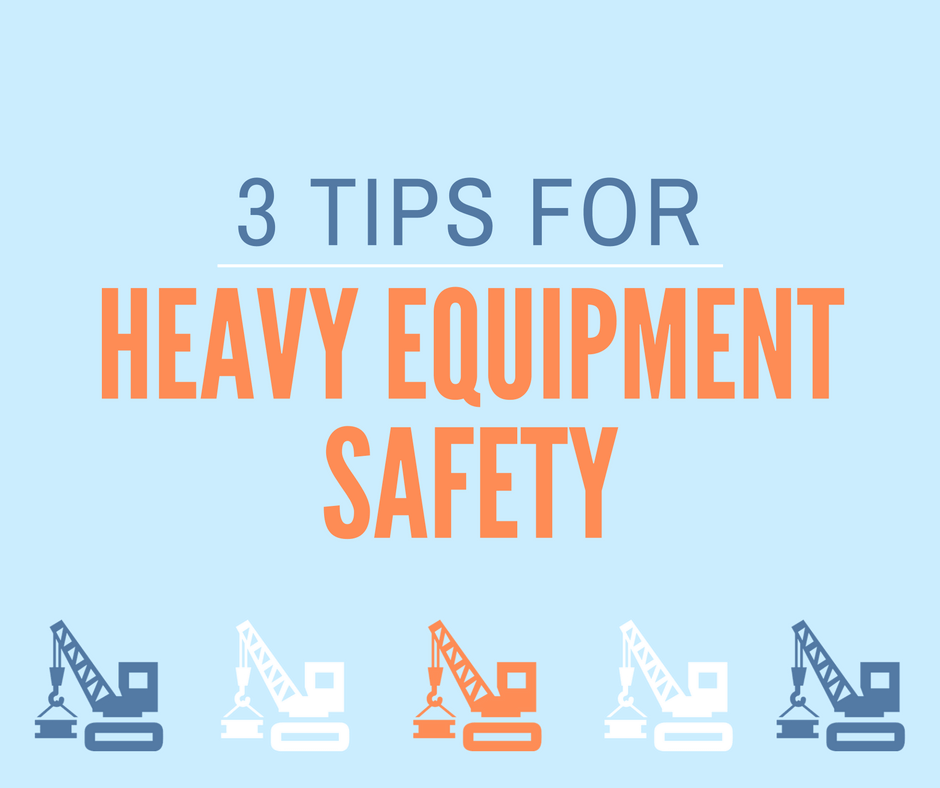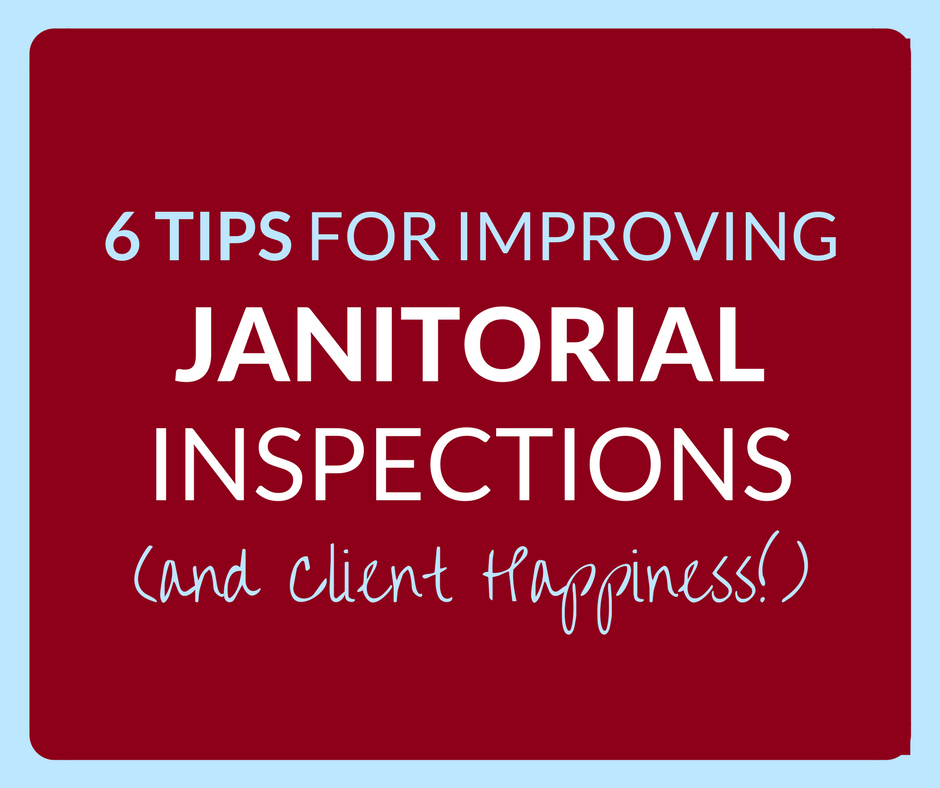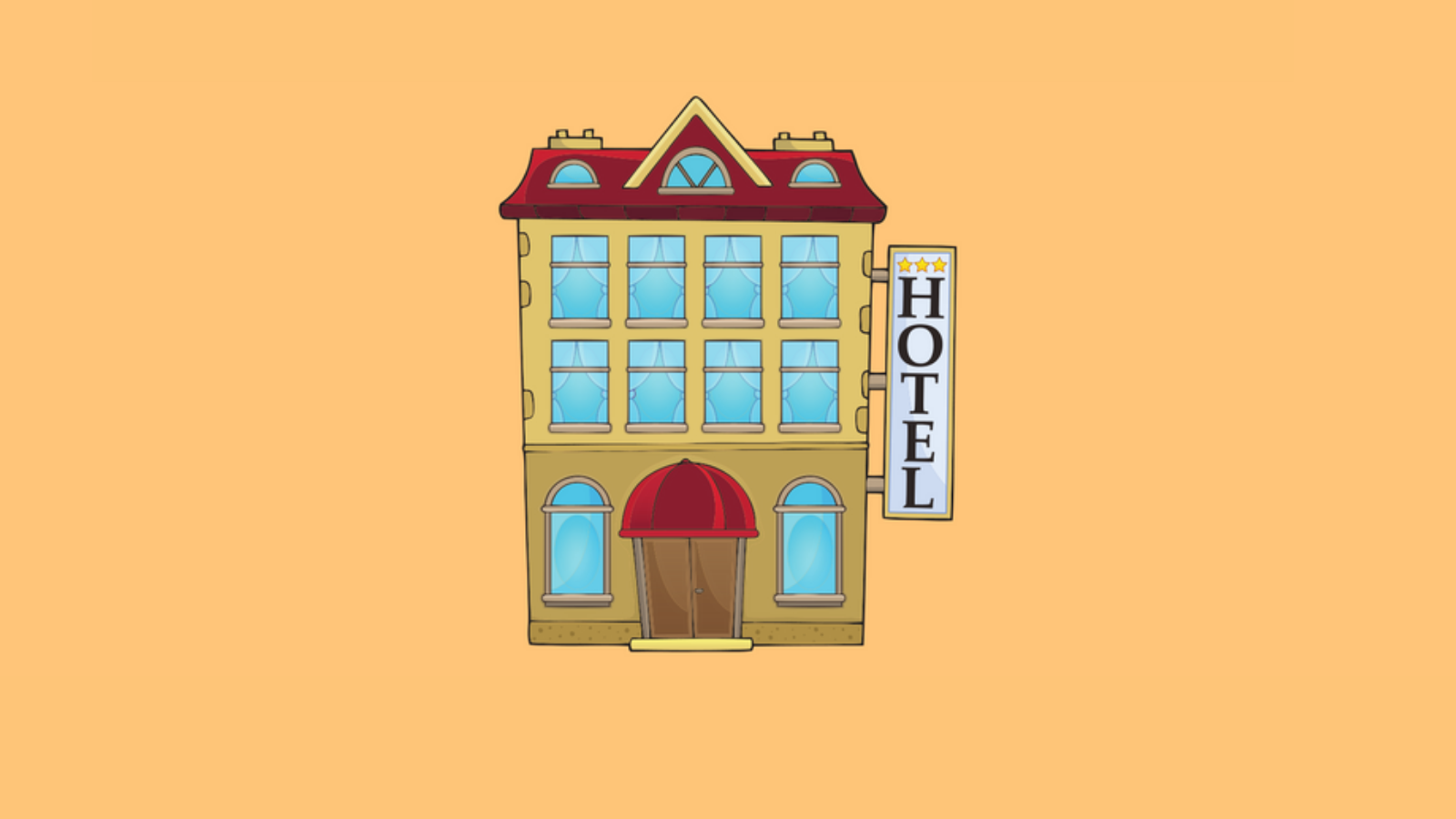Three Tips for Heavy Equipment Safety
If you work in construction, oil and gas, farming or a similar industry, it’s likely that your teams operate heavy equipment like cranes, aerial...

Performing regular HVAC inspections and maintenance is essential when it comes to optimizing the performance and lifespan of your building’s equipment. Without proper maintenance, you can encounter a number of problems that inconvenience you, your building occupants, and your wallet.
While routine inspections and maintenance can be time consuming, there is a tool that helps your teams save time and make it easier to perform thorough checks more often. IntouchCheck mobile form software allows your maintenance teams to complete inspections on any mobile device, even offline.
You can choose to use forms from IntouchCheck’s form library, like the HVAC small business inspection form, or build and customize your own forms. With the ability to add photos and additional instructions for your teams to reference, and submit results in real-time (no data-entry needed!) inspections and maintenance will be easier and faster than when using paper based methods.
With a streamlined process that facilitates regular HVAC inspections, you’ll experience these three benefits:
The purchasing and installation of your HVAC system is an expensive but necessary investment. In order to optimize on that investment, you need to ensure the correct measures are taken to prolong the lifespan of your equipment. Regular inspections and maintenance are the two drivers behind attaining that goal. In fact, without proper maintenance, the service life and reliability of your HVAC equipment can decrease by 25-50 percent.
Frequently monitoring the performance of your equipment and keeping records of this data will give your maintenance teams a complete picture of the equipment's conditions historically. This will help them easily identify problems or detect issues early - minimizing the impact an issue has on your HVAC system, and in turn prolonging its lifespan.
Similarly to the initial investment in your HVAC system, it can also be costly to run your equipment - making energy efficiency a top priority. Chillers are generally a building’s heaviest user of electricity; but, whether you choose to purchase more energy efficient equipment or not, maintenance is the most important factor when it comes to cutting energy costs.
A dirty heat-transfer surface or clogged tubes make it more challenging for a chiller to transfer heat, causing it to work harder to do its job and use more energy than if the chiller was clean. Without frequent HVAC inspections and maintenance to ensure equipment is clean and functioning, your equipment will begin increasing its energy use and can actually double the amount of energy it uses to run within just a few years.
Unexpected problems to your HVAC system are costly and can vastly inconvenience your building’s occupants. However, the time and money spent being proactive through preventative maintenance is much less than the cost and resources required of you and your maintenance teams when being reactive.
For every $1 you invest in the maintenance of your HVAC equipment, you can expect a return of $10 by reducing operating and repair costs. This is a clear indicator that being proactive is a much more beneficial and cost efficient approach to HVAC operations than being reactive.
If you’re feeling hesitant about incorporating regular HVAC inspections and maintenance into your operations because of the time it takes to perform them, consider switching to mobile form software to help save time and make it easier to complete checks more often. By doing so, you’ll experience these major benefits in regards to your HVAC operations:

If you work in construction, oil and gas, farming or a similar industry, it’s likely that your teams operate heavy equipment like cranes, aerial...

Many successful businesses in the facility maintenance, custodial, and cleaning services industries pride themselves on their quality control...

1 min read
Operating a hotel chain is a complex, fast-paced job. At every hotel, there are numerous people and departments that need to function simultaneously...